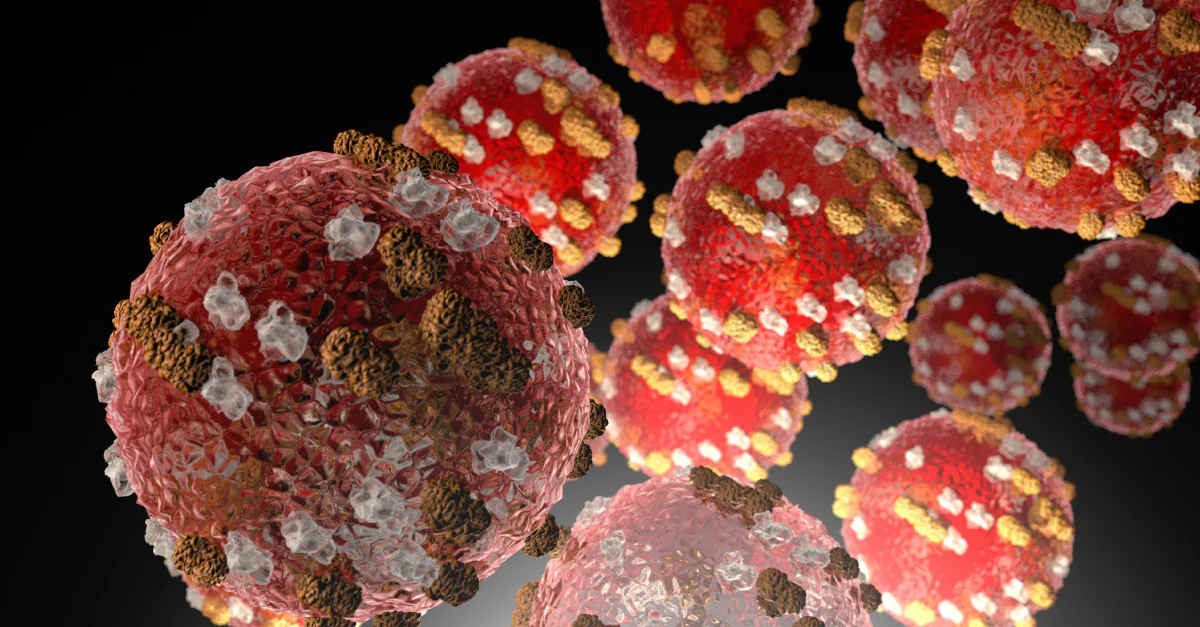Abstract
Introduction: Measles is an acute and highly infectious disease of childhood, transmitted by droplets from the nose, mouth or throat. In India, doses of measles-containing vaccine are postponed or missed due to a lack of
awareness among people to utilise immunisation services, rural residence, COVID-19 pandemic, home birth, low birth weight for newborns, early age at first birth, and lower maternal education. This delayed or missed
vaccination increases the risk of bigger outbreaks around the world.
Objective: To determine the epidemiological and clinical characteristics of patients with measles.
Material and Method: A record-based study on all clinically or laboratory confirmed patients admitted in the years 2019 to 2023 was conducted at a tertiary care hospital in Ahmedabad city. Data collection was done
using a pre-tested and pre-designed questionnaire to include all the recorded cases diagnosed with measles.
Results: Among a total of 150 participants, there were 52.7% males and 47.3% females. The mean age of patients was 37 months ± 32 SD. Around 61.3% of cases were in the age group of 1–5 years. In 96.6% of patients, fever and rash were the most common symptoms, followed by coryza in 88% and conjunctivitis in 29.3% of the patients. An increase in the number of cases was observed during the winter months of 2022–23, while there were fewer cases admitted during the COVID-19 pandemic period. About 62.7% of patients who were admitted had not taken any dose of measles vaccine.
Conclusion: There were more cases observed in the winter months. The important epidemiological factors found were age group (1–5 years) and unvaccinated status of the children. There is an increasing
need for awareness about measles immunisation in order to reduce morbidity among children.

